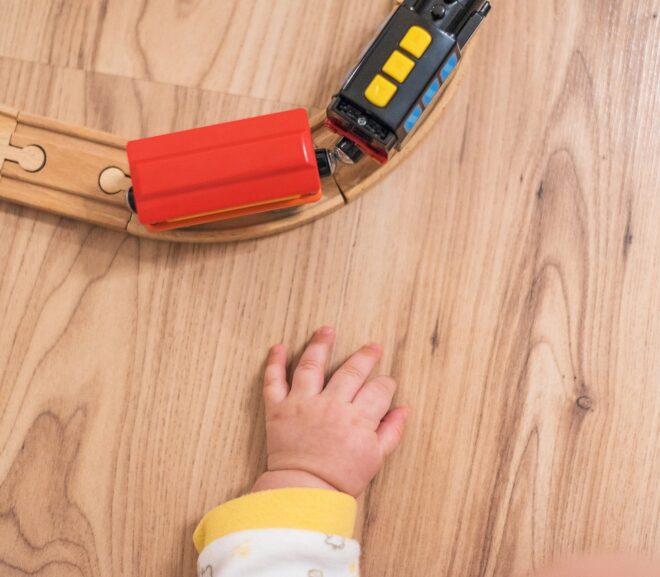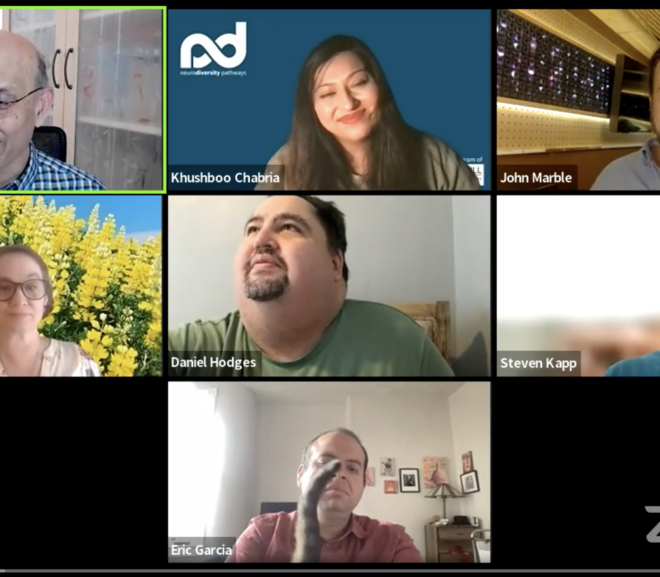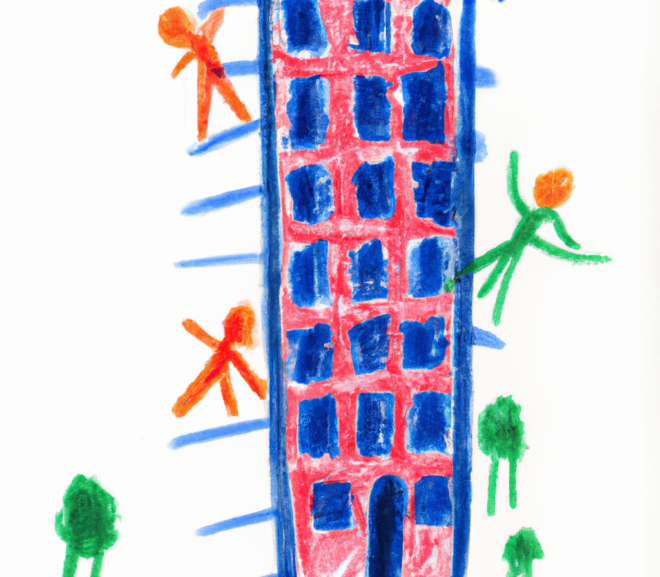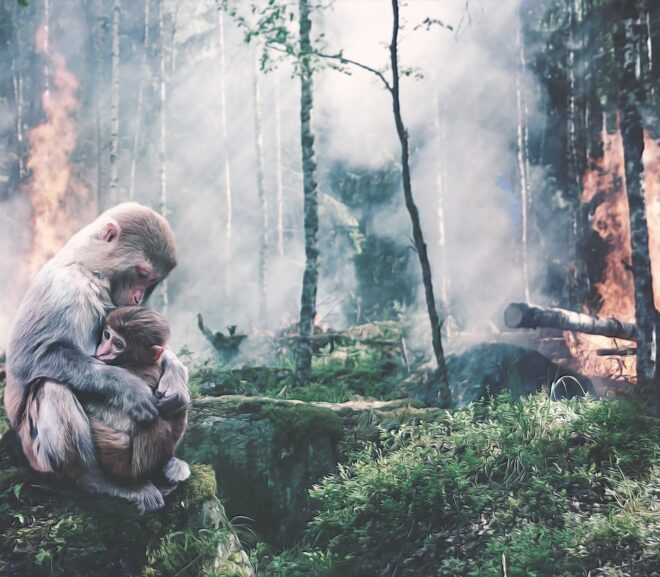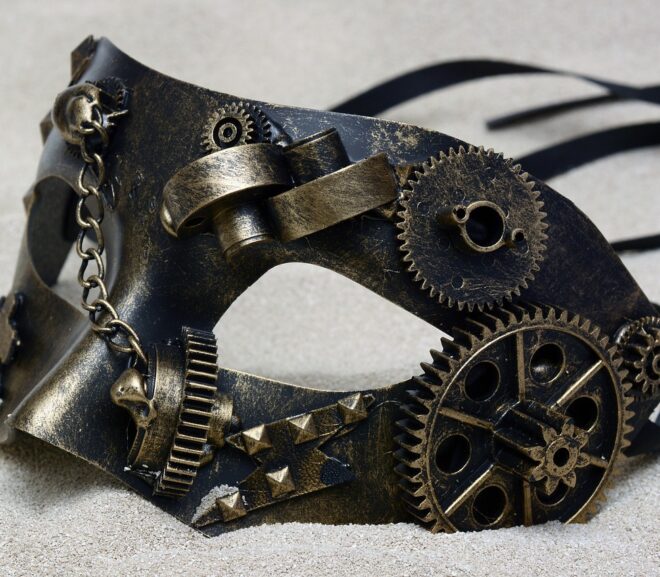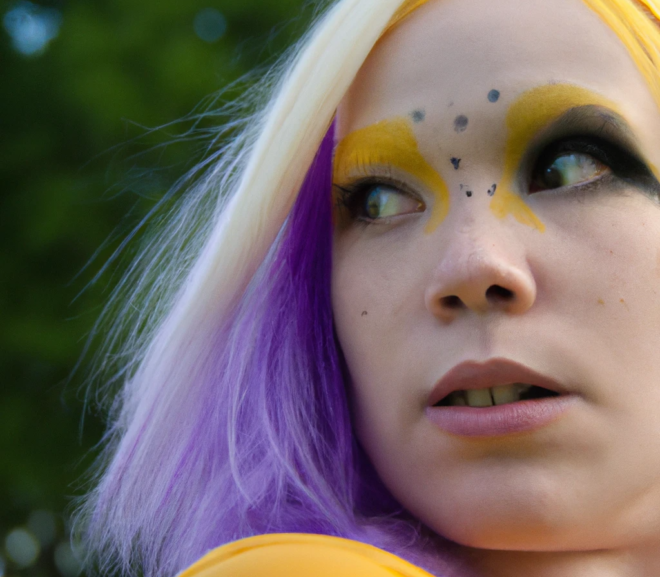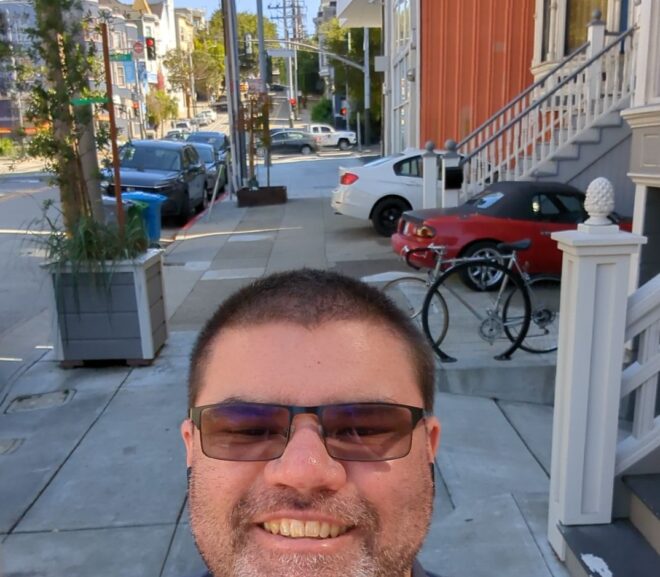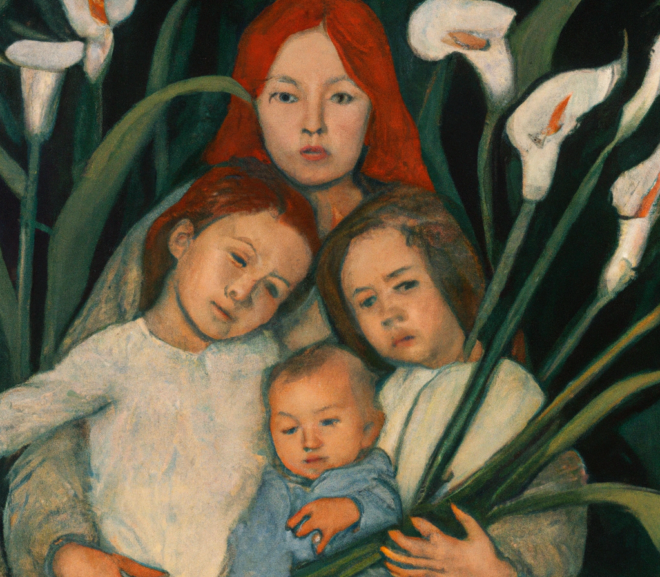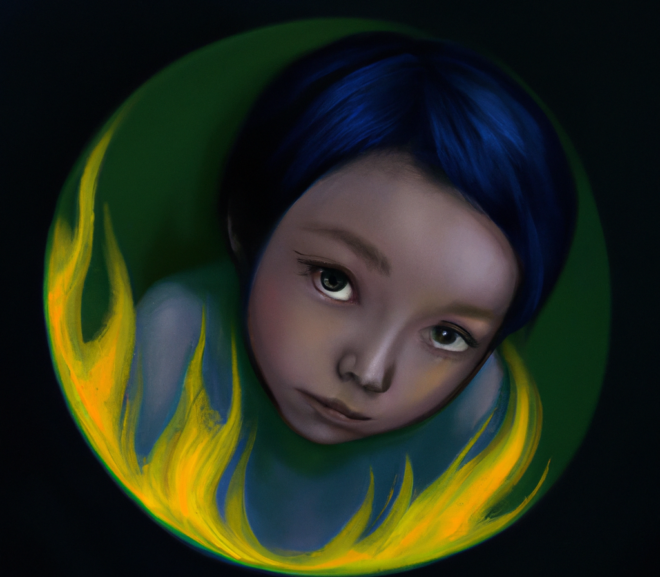Maxfield Sparrow talks with researchers Emma Pritchard-Rowe and Jenny Gibson about why autistic types of play (solitary, stimmy, etc.) are not “wrong,” and in fact can have an important function in supporting relaxation and recuperation.
The book Neurodiversity for Dummies is happening because there really is a dearth of accessible information and resources. This listening session is a conversation about what neurodiversity is, and what neurodivergent people need to thrive.
I’m not a fan of “levels of autism.” If an autistic individual makes a personal choice to refer to themselves as one of these levels, I can respect their decision. When it’s imposed meaninglessly by others, it’s too often disastrous.
Autistic people want to work as caregivers, but the system makes it difficult for them to stay in their jobs. This is a loss for the clients, who lose an autistic mentor, and for the autistic support worker, who can be both traumatized and unemployed.
The ability to express one’s authentic autistic self is much more complicated than an individual choice to unmask. Dr. Amy Pearson explores why this is, and what we can do in order to make the world a safer place for autistic people.
Working with a physical therapist to find out ways to feel better, and also to support your health, can be an amazing and empowering experience for an autistic person.
Autistic people are usually left to our own devices when it comes to navigating a social world defined by non-autistic rules. And when we make social errors, it’s very common to wish to retreat. Here are some (hopefully) comforting guidelines for such situations.
Joseph Krauter is an autistic writer and tech worker who was diagnosed as an adult, while serving time at San Quentin Prison in California. We talked with Joseph about how his life could have been different with earlier diagnosis and supports, the difficulty of receiving an autism diagnosis while incarcerated, and how his life has changed since both his autism diagnosis and his re-integration into society.
Autistic people tend to benefit from acceptance much more than from awareness, as awareness is passive whereas acceptance is a choice. Here are ten ways you can honor Autism Acceptance, and autistic people of all ages.
If your child is going through Autistic Burnout, they will need your support. They will need your understanding, flexibility, increased sensory regulation time and a decrease in demands both from family and school environments.
